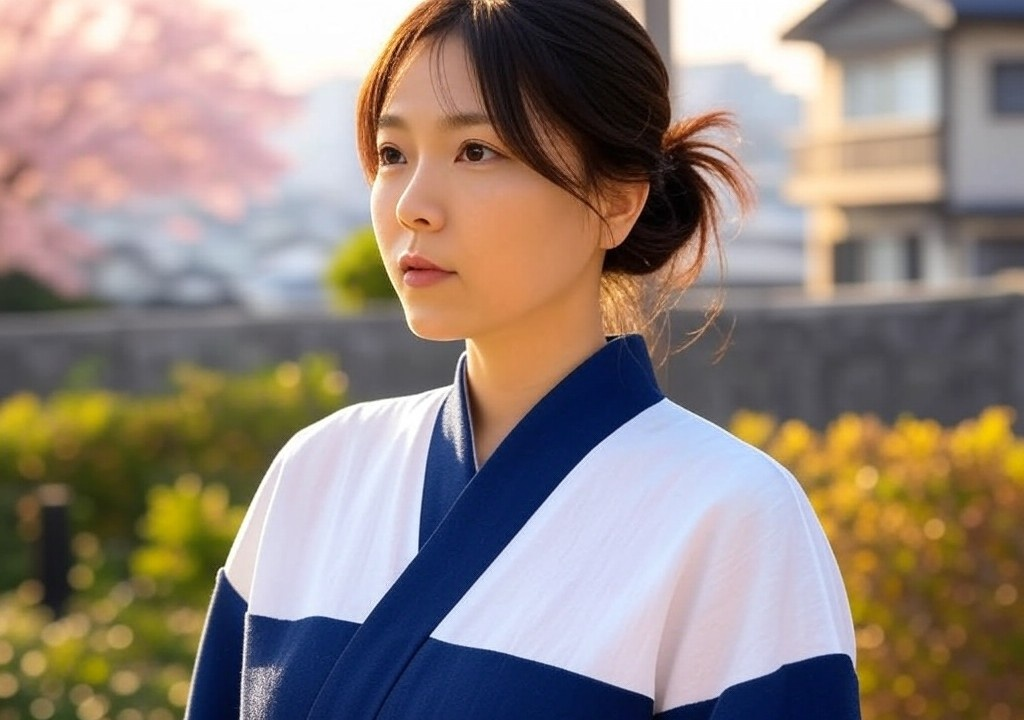Why Some Relationships Go Awry—and What We Learn From Them
The Kitchen Timer Theory: Why Things Fall Apart
Relationships are like soufflés: they can rise beautifully or collapse in one big, messy puff of unmet expectations. I learned this the hard way during my early 20s. My first serious boyfriend and I used to make omelets together—because when you’re young and in love, even whisking eggs feels like an odyssey of romance. As things went awry in our relationship months later, I realized our dynamic mirrored that soggy omelet we once overcooked: uneven, riddled with cracks, and incapable of holding shape.
What went wrong? Was it the fact that neither of us knew how to communicate beyond “Are you hungry?” or the subtle but insistent differences in how we saw life unfolding? In hindsight, it wasn’t about burnt omelets or diverging dreams. It was the foundation—thin, porous, and laid without much intention.
Like omelets or relationships, things go awry when they aren’t built with care and awareness. But when that "timer" dings, signaling the end, you’re usually left with an invaluable lesson tucked somewhere in the wreckage.
Here’s how to unpack those lessons and emerge wiser, not bitter.
Chapter 1: The Myth of the “Perfect Fit”
If Hollywood rom-coms taught us one thing, it’s this: the person meant for you will just get you. They’ll laugh at your jokes (even the terrible ones), know your go-to karaoke song (spoiler: mine is “Take On Me” by A-ha), and psychically predict when you need chocolate or a pep talk.
But here’s the reality: most relationships don’t crumble because someone fails to be your “perfect match.” They falter because we confuse compatibility with permanence. Chemistry feels magic, but no magic act survives long-term without practice and effort backstage.
Take one of my past relationships as Exhibit A. He was the brooding, bookish type—an art student with a penchant for Osamu Dazai novels and cold matcha lattes. It seemed like fate. But underneath that dreamy aesthetic was… well, someone who didn’t believe in communicating when problems arose. Suddenly, our compatibility felt about as sturdy as wet origami. The truth is, we were great companions for some parts of the journey but not equipped to weather every storm.
Lesson Learned: Connection is powerful but not predictive. Loving someone who isn’t “forever material” doesn’t mean you failed—it just means you’re human.
Chapter 2: The Curse of Ignored Red Flags
Ah, the red flag. Everyone warns you about them, but in the beginning, they often appear less like “dealbreakers” and more like “quirks.” His tendency to interrupt when I spoke? Oh, he’s just passionate! The way she avoids difficult conversations? Well, who doesn’t hate conflict, honestly?
By the time you notice the red flags have mutated into a full-on parade, you’re usually in much too deep. I once dated a guy who, in retrospect, might as well have had “Walking Red Flag” printed on his T-shirt. He canceled plans constantly and refused to introduce me to his friends, saying, “I like keeping parts of my life separate.” Naturally, my 25-year-old self decided this was mysterious and alluring. Spoiler alert: it was not.
Lesson Learned: Red flags don’t turn green with time. Pay attention to the small ways someone treats you, speaks to you, and supports you—or doesn’t. Trust me, hindsight may be 20/20, but foresight is a lifesaver.
Chapter 3: When You Lose Yourself in ‘Us’
Here’s a confession: I once spent eight months pretending I liked hiking because my boyfriend loved it. Let me clarify—I do like strolling through nature at a pleasant pace, pausing dramatically to admire a lovely leaf or two. But this man thought “leisure” meant summiting the steepest trails in record-breaking times, all while wearing a 20-pound backpack.
Over time, I realized my problem wasn’t the grueling hikes but rather what they symbolized. I’d contorted myself into someone I wasn’t just to keep the relationship going. My own preferences, values, and quirks got lost in the shuffle of prioritizing us over me. Spoiler: the result was resentment, followed by a tearful goodbye midway up a mountain.
Lesson Learned: Never mold yourself into someone you’re not for the sake of keeping someone else around. Healthy relationships allow both people to evolve without erasing who they are.
Chapter 4: Conflict Isn’t the Villain
When my parents, a highly practical professor and an artistically eccentric florist, argued at the dinner table during my childhood, it wasn’t just noise—it was education. They debated things like whose fault it was that the hydrangeas wilted prematurely or whether it was worth driving an hour to sample some “authentic” udon restaurant. But no matter the argument, the respect between them was constant, almost palpable.
That’s why it surprised me when one partner of mine in my late 20s interpreted every disagreement as a sign we were “fundamentally incompatible.” I’d say, “I’d prefer if you called when you’re running late,” and he’d respond like I’d asked him to split an atom. Arguments, when handled with care, are opportunities to grow closer—not charming exit strategies.
Lesson Learned: Conflict doesn’t spell doom; avoidance does. Learn to communicate in a way that’s constructive rather than critical. Not every argument is a swordfight.
Chapter 5: Breakups Are Not Failures
Let’s call it what it is: breaking up, especially when you’ve invested months or years, sucks. You’re left holding emotional debris, wondering which moments were real and which were collateral damage. There’s no tidy way to grieve a relationship—that much, I’ve learned.
But here’s what I know to be true: breakups aren’t punishments. They’re invitations to reassess, recalibrate, and ultimately grow. When my most significant relationship ended after four years, I thought I’d failed in some monumental way. How could something we built with so much love unravel? It took time (and maybe too much sake) to realize we’d simply grown in different directions. That’s not failure—it’s life.
Lesson Learned: A breakup doesn’t diminish the experiences you shared, nor does it erase the lessons you carry forward. Treat it less like an ending and more like a new chapter in your story.
Conclusion: Keep Rising
When things go awry, it’s tempting to look for villains or fixate on “what if” scenarios. But, as I’ve learned standing over both ruined omelets and broken hearts, sometimes things fall apart so we can discover who we are—and what we need to flourish.
Take the wisdom and humor you’ve gained from what went wrong and use it to build something stronger, brighter, and entirely your own. Because if relationships are like soufflés, then every batch teaches you a little more about the art of rising.




















